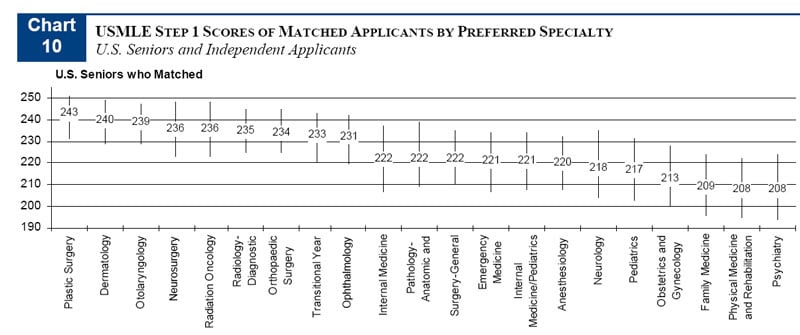- Joined
- Jun 24, 2008
- Messages
- 2,243
- Reaction score
- 85
and you are..in medical school, what major tests do you have to take? What I mean by that is, what is Step I? are there any other "steps?" I know these may sound like stupid questions and are not relevant for me because I'm not even apply to college until next year but I'm just curious.
Also, if someone wants to get into a very competitive specialty like Derm or something (maybe not Derm because that is probably the most competitive specialty right now, but you get my point haha), what should this student be doing in medical school to give them the best possible chance of getting matched into that specialty?
Also, if someone wants to get into a very competitive specialty like Derm or something (maybe not Derm because that is probably the most competitive specialty right now, but you get my point haha), what should this student be doing in medical school to give them the best possible chance of getting matched into that specialty?
